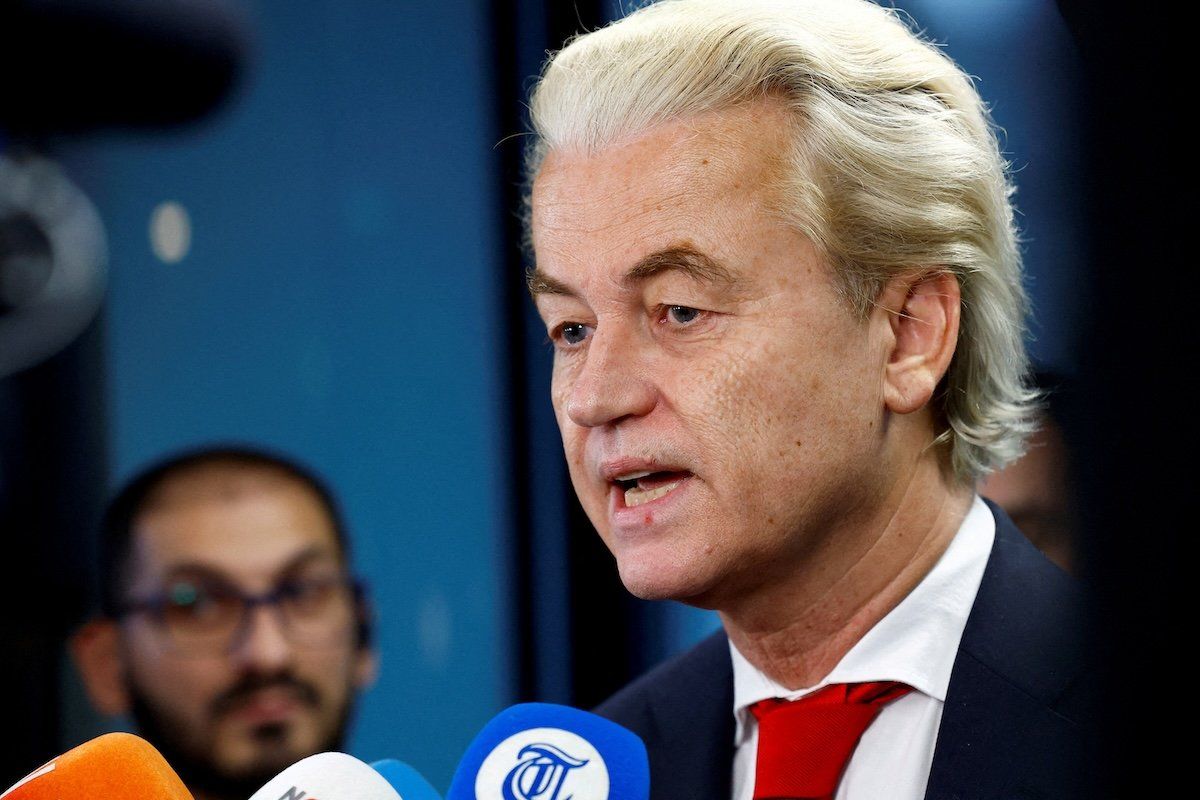Dutch far-right politician and leader of the PVV, Geert Wilders, reacts as he meets the press in November 2023.
That process isn’t going well. Success began looking less likely Tuesday evening when the center-right New Social Contract party announced it would not join a PVV-led government. The NSC’s leader explained that Wilders has made economic promises his party can’t keep, though the NSC also has concerns about the Islamophobic rhetoric that’s central to Wilders’ political brand.
Wilders will continue to try to form a right-wing government. If he fails, the Netherlands might see a Labour-Green alliance that shifts the country’s government to the left. Failing that, they might hold new elections. The talks were supposed to produce a report to parliament before it breaks for recess on Feb. 16, but it’s not clear that deadline can be met.
As in some other European countries – Germany, for example – far-right parties are surging, but few will partner with them to form governments.